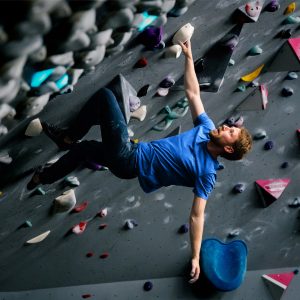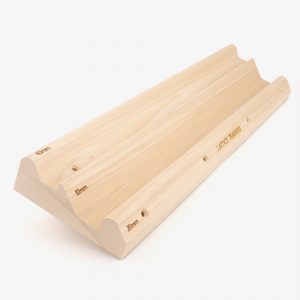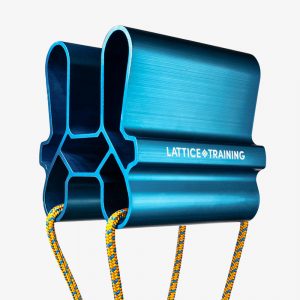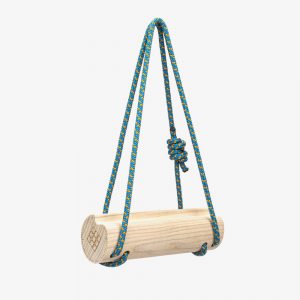Female Climber Series: Bone Health
We spend a lot of time thinking about developing and protecting our muscles, tendons and ligaments but what about our bones?
Our skeleton is the foundation for the movements we make, and bone health is something to be mindful of in an athletic population, and especially for women where the prevalence of osteopenia/osteoporosis is higher.
Bone is often considered a static structure, but it really isn’t! Bone is a nutritionally modulated tissue that is affected by diet and exercise. 90% of peak bone mass is achieved by 20 years old and bone mass declines with age. There is also an accelerated loss of bone mass in post-menopausal women as the protective effects of oestrogen are withdrawn.
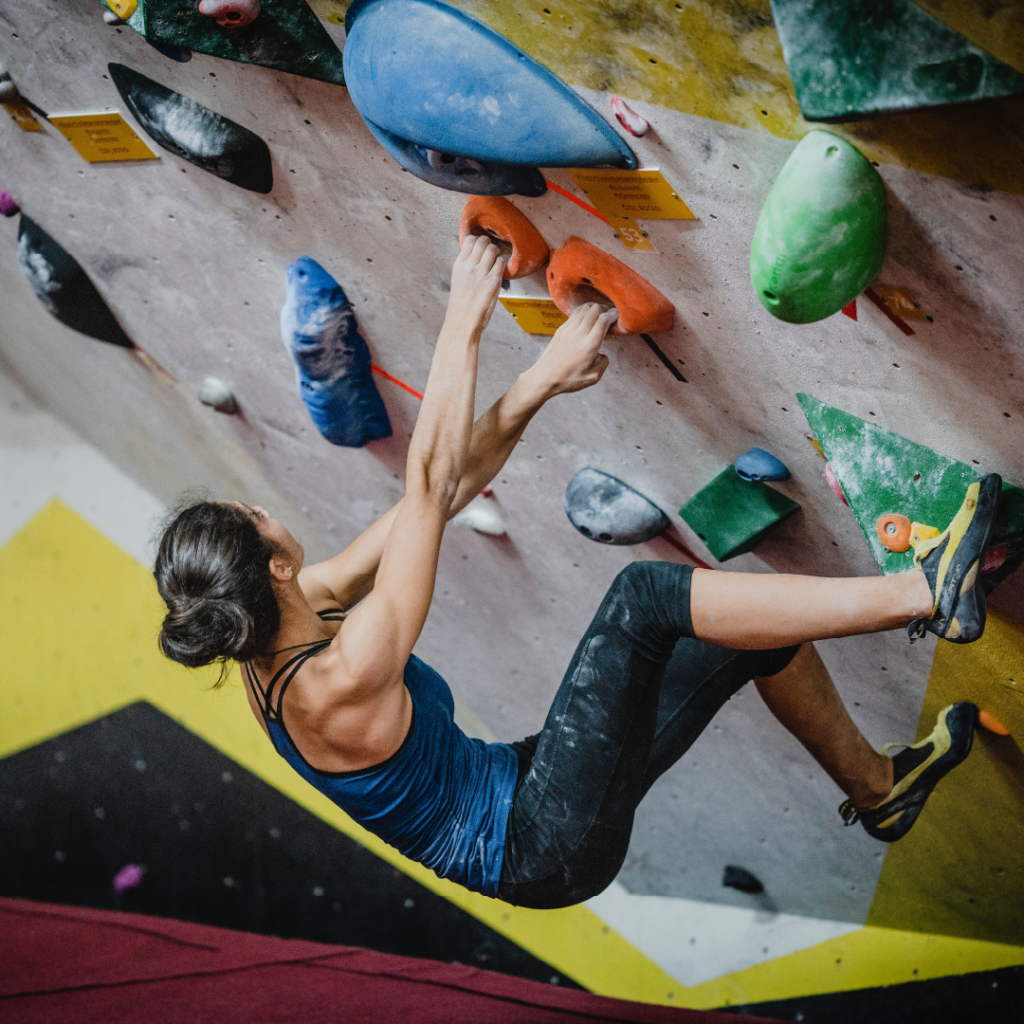
So, what can we do?
1.) Adequate energy intake
Eating enough calories to support our bodies and the exercise we do is essential for bone protection. Prevalence of stress fractures and early development of osteopenia/osteoporosis is often seen in athletes with chronic low energy availability (RED-S).
2). Load your bones!
Impact and multidirectional loading of bone tissue is beneficial and stimulates bone response. Climbing is great for multidirectional loading and jumping off/landing in bouldering can be good too! Don’t be afraid to put load on your body – especially as you age resistance exercise is your friend.
3). Get enough calcium in your diet
Calcium is a key nutrient in bone formation and low calcium levels in the body can have catabolic effects on bone. The recommended intake for calcium is 700-1000mg/day. To get this, have 2-3 servings of dairy food or equivalent per day. Sources of calcium include milk, cheese, yogurt and other dairy foods, sardines, green leafy vegetables, tofu, nuts and calcium fortified products.
4). Get Vitamin D
Vitamin D is mainly gained through sun exposure rather than diet and many people will have some level of vitamin D deficiency, especially over the winter months, due to the lack of sunlight exposure that is prevalent due to cultural habits, working hours and latitudes. It is important for lots of things including bone health and is worth supplementing, especially in the winter.

